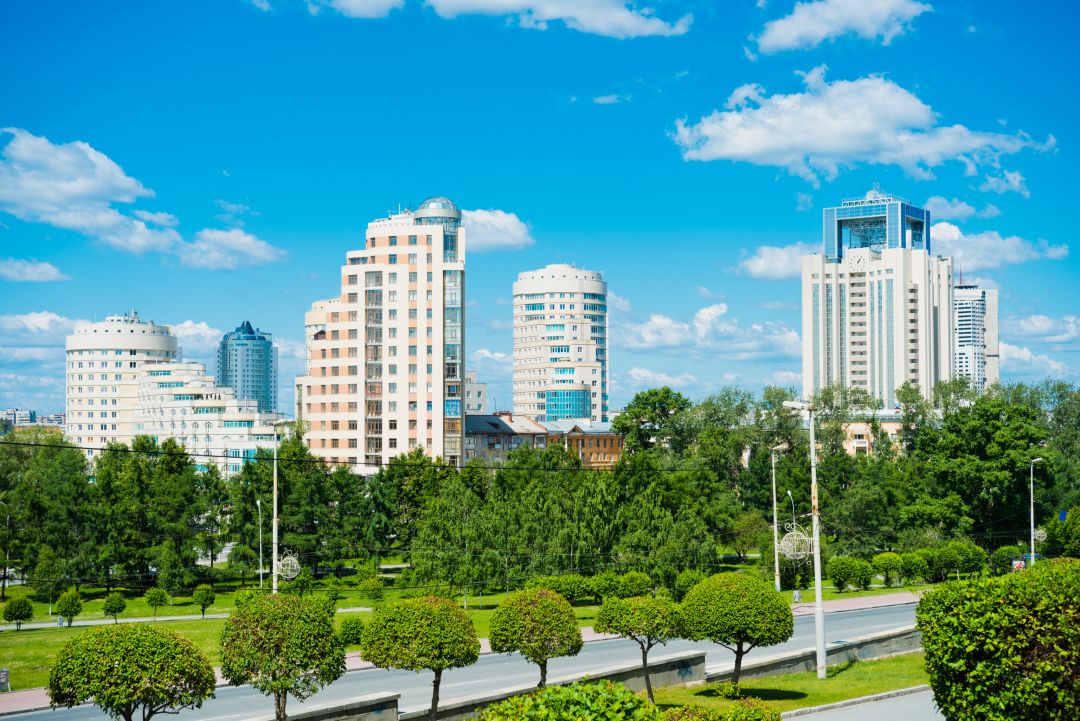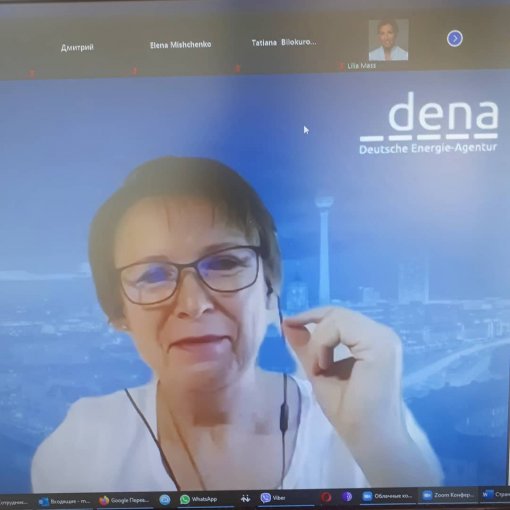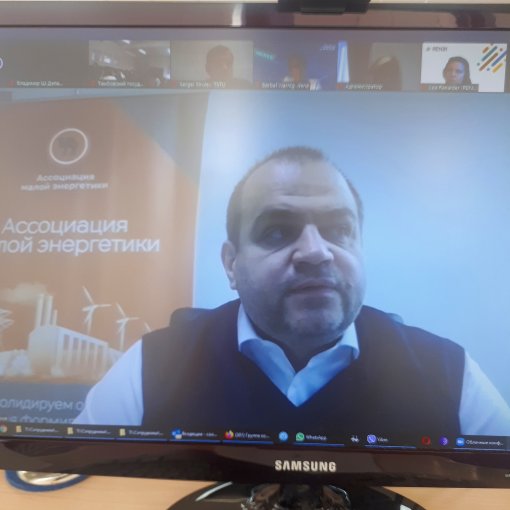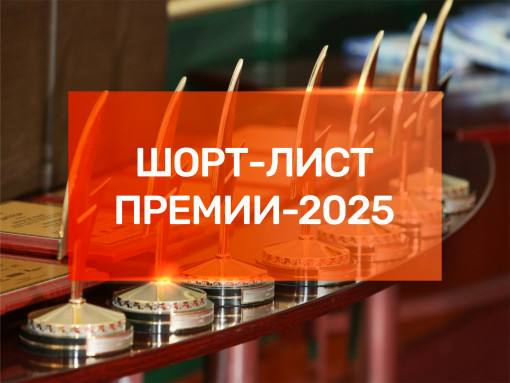How to make our cities cleaner, reduce amount of CO2 exhausts, make them more comfortable to live in? Participants of the interregional online seminar devoted to Renewable Energy in the Cities arranged by the German Energy Agency (dena), say there are two ways: to consume less power and to switch to green energy, integrate generating facilities based on renewable energy resources into cities’ energy infrastructure more actively. Representatives of the Ministries, professional communities, municipalities and cities of Russia, the Ukraine, Belarus, Azerbaijan and Uzbekistan took part in fruitful discussions.
Germany is a bright representative of those following the second way. According to the data provided by Uta Zähringer, Head of Academic Programmes and Professional Trainings Devision at the Renewables Academy (RENAC), the share of renewable energy resources in power production in Germany amounts to 37%. As a result, emissions of CO2 has reduced by 27% since 1990, though the GDP has doubled. Green energy which just a few years ago was mostly developed in the countryside has actively penetrated into the cities; solar energy stations and wind power plants, biomass power generating facilities have been constructed in big urban cities.
According to the words of Lea Renalder, head of REN21 project, 750 cities around the world have already claimed they are moving towards energy modernization and reducing of CO2 emissions. The key issues of the effectiveness are technical and natural potential of the cities, experience, finance, and, of course, support of the citizens.
Russia, according to the words of the President of the Distributed Power Generation Association Maksim Zagornov, is now at the very beginning of this way: the share of renewable energy resources in power generation in Russia amounts to approximately 1% (which is about 6 GW). Most energy in Russia is produced by coal, oil and gas combustion. Nevertheless, reducing the costs of RES based power stations in 2019 (SES down to 50 thousand rubles for 1 kW, WPS down to 65 thousand rubles for 1 kW) resulted in growth of the interest to green power generation, including in the city infrastructure.
This has been proved by the RES based contestant projects of the VIII Distributed Power Generation — Great Achievements International Award. So, in 2020 a large scale project on construction of a solar energy station for Manhattan residential complex (KrialEnergoStroi Plant), a project of solar heat unit for a kindergarten in Sevastopol (Novy Polyus), a project of solar energy station construction in Fox Lounge residential complex (NEOSUN Energy Rus) have been implemented. In 2019 a unique project of construction of the first in Russia school with geothermal heating in Vershinino settlement in the Tomsk region was built. According to the words of Ecoklimat company, the author of the project, geothermal based heating solutions like this can be actively implemented in big cities.
As Maksim Zagornov noted, nowadays hybrid energy solutions comprising RES and gas power generation are of great interest for Russia, as such a combination allows bringing new life to remote cities and towns and facilitate shift to green energy in abundant hydrocarbons conditions.













